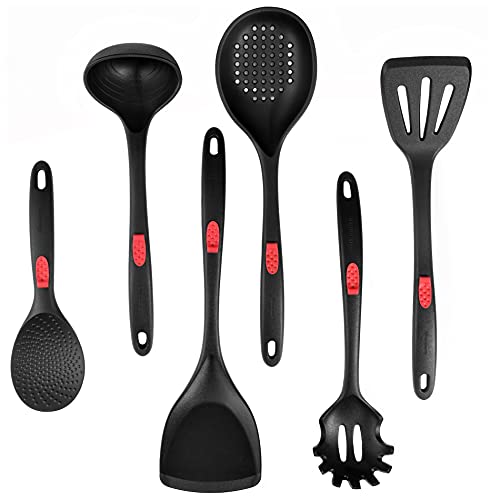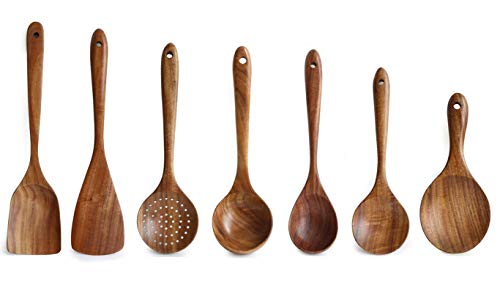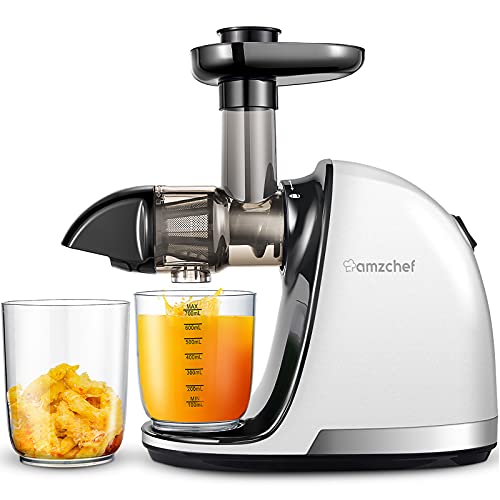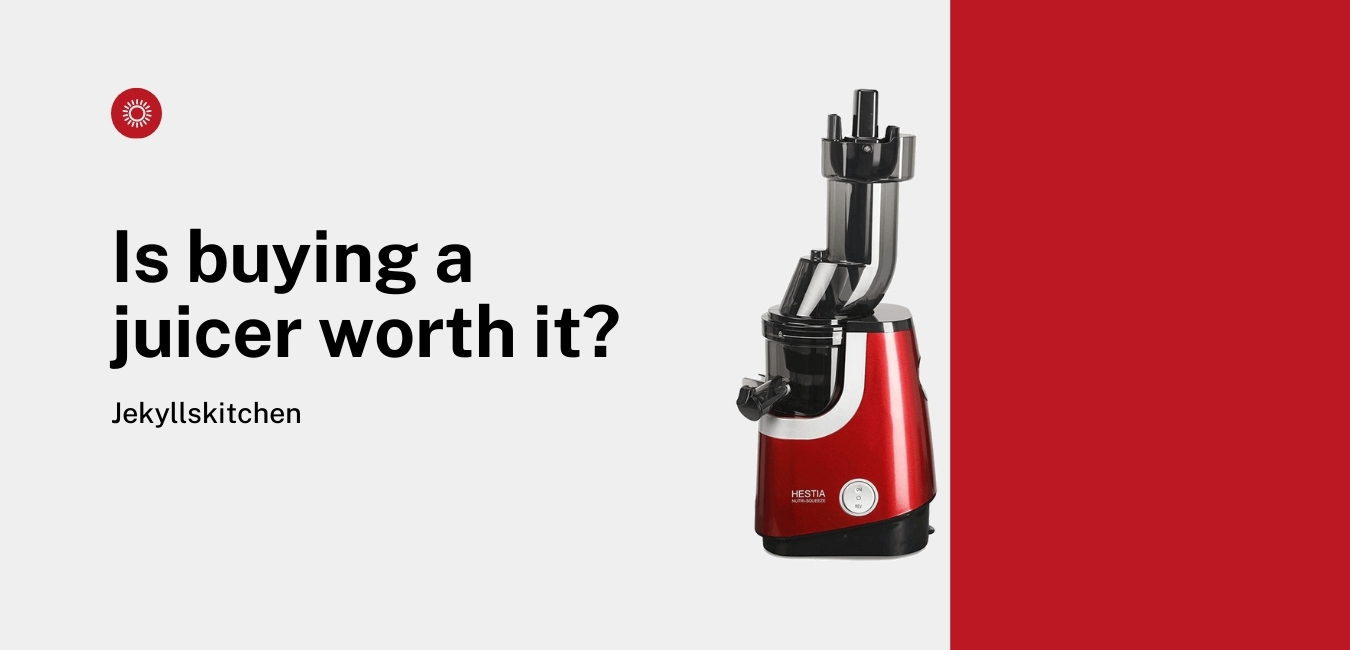Silicone is a great option for cooking because it is heat-resistant and non-stick. Nylon is not as heat-resistant and can melt at high temperatures, making it less ideal for cooking. silicone is also more durable than nylon and won't scratch your cookware.
Other housewives also like: 17 Best Nonstick Cookware Consumer Reports - Reviews & Guide
-
Are silicone cooking utensils toxic?
There is no definitive answer, as there is still limited research on the topic. However, silicone is generally considered to be a safe material. It is heat-resistant and non-toxic, and does not off-gas or leach chemicals into food.
There are some concerns that silicone cooking utensils could be toxic if they are made with fillers or other additives. However, most silicone cooking utensils on the market are made of pure silicone and are considered safe to use.
-
Is silicone better than stainless steel?
Silicone has become a popular choice for cooking utensils in recent years. silicone is heat resistant and doesn't conduct heat as well as stainless steel, making it a safer choice for cooking.
Silicone is also non-stick, so it's ideal for cooking delicate foods like eggs and fish. Silicone is also less likely to break or chip than stainless steel, making it a more durable choice.
Silicone is also dishwasher-safe, so it's easy to clean. Silicone is a good choice for cooking utensils, but it's not the only choice.
-
Is it good to use silicone spatula for cooking?
If you're looking for a versatile, durable and easy-to-clean cooking spatula, silicone is a great option. Silicone spatulas are heat resistant, so they can be used for stirring fry dishes and sauces without fear of melting. They're also non-stick, so they won't scratch your cookware or stick to food. And silicone spatulas are easy to clean - just pop them in the dishwasher or wash by hand with soap and water.
So, if you're looking for a versatile, durable and easy-to-clean cooking spatula, silicone is a great option.

























![How to make celery juice with Nutribullet Blender? [Update 2022]](https://jekyllskitchen.com/media/mageplaza/blog/post/9/-/9-celery-juice-benefits.png)
